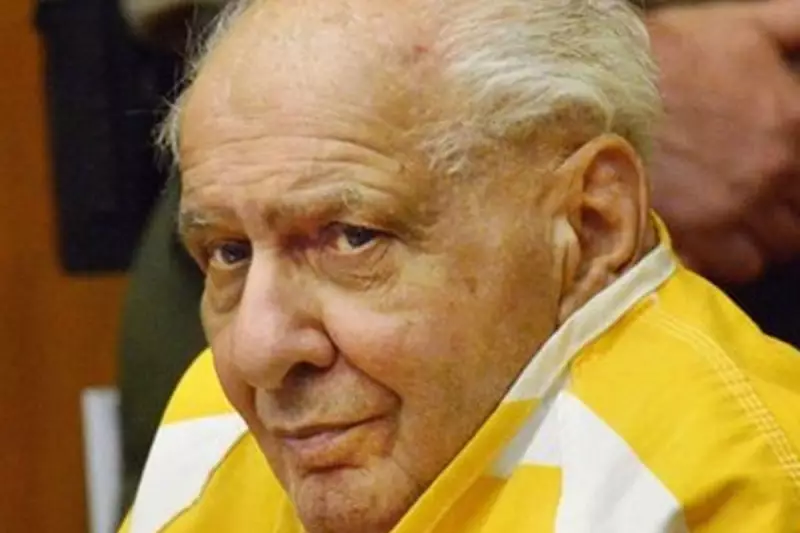
In a chilling development from behind bars, convicted serial killer Joseph Naso has broken his silence with a shocking confession to multiple murders that spanned several decades. The 88-year-old inmate, currently serving a life sentence at California's San Quentin State Prison, provided gruesome details in an exclusive interview that sends shivers down the spine.
The self-proclaimed "Scorecard Killer" finally admitted to the brutal murders of at least four women, cases that had long haunted investigators across Northern California. Naso's reign of terror, which he meticulously documented in what he called his "list of ten," included victims whose families had waited years for answers.
Decades of Denial Ends Behind Bars
For years, Naso maintained his innocence despite overwhelming evidence presented during his 2013 trial. His sudden willingness to discuss the gruesome details marks a dramatic shift that has both shocked and relieved law enforcement officials who worked tirelessly on these cold cases.
"I did it," Naso stated matter-of-factly during the prison interview, describing his methods with a disturbing lack of emotion that characterised his approach to the killings. The elderly inmate showed no remorse as he recounted details that only the murderer could know.
The Chilling Evidence That Secured Conviction
Investigators originally built their case against Naso through a combination of forensic evidence and the killer's own meticulous records. Among the most damning pieces of evidence was Naso's handwritten list of ten women—each entry corresponding to murder victims—and horrific photographs of his victims that he had taken himself.
The prosecution during his trial presented overwhelming evidence including:
- DNA matches linking Naso to multiple crime scenes
- Personal photographs of victims in various states of undress and distress
- Handwritten journals detailing his violent fantasies
- Physical evidence connecting him to the disposal of bodies
Legacy of Terror Finally Acknowledged
Naso's confession brings a grim sense of closure to families who have waited decades for answers. His victims, mostly vulnerable women who had fallen on hard times, are now being remembered as more than just entries on a killer's scorecard.
Law enforcement officials expressed relief at the confession, noting that while it doesn't change Naso's life sentence, it provides psychological relief to the communities he terrorised and the investigators who worked the cases.
The full extent of Naso's crimes may never be known, but his confession represents a significant moment in California's history of criminal investigations—a rare instance where a calculating killer finally acknowledges the horror he inflicted upon countless lives.





